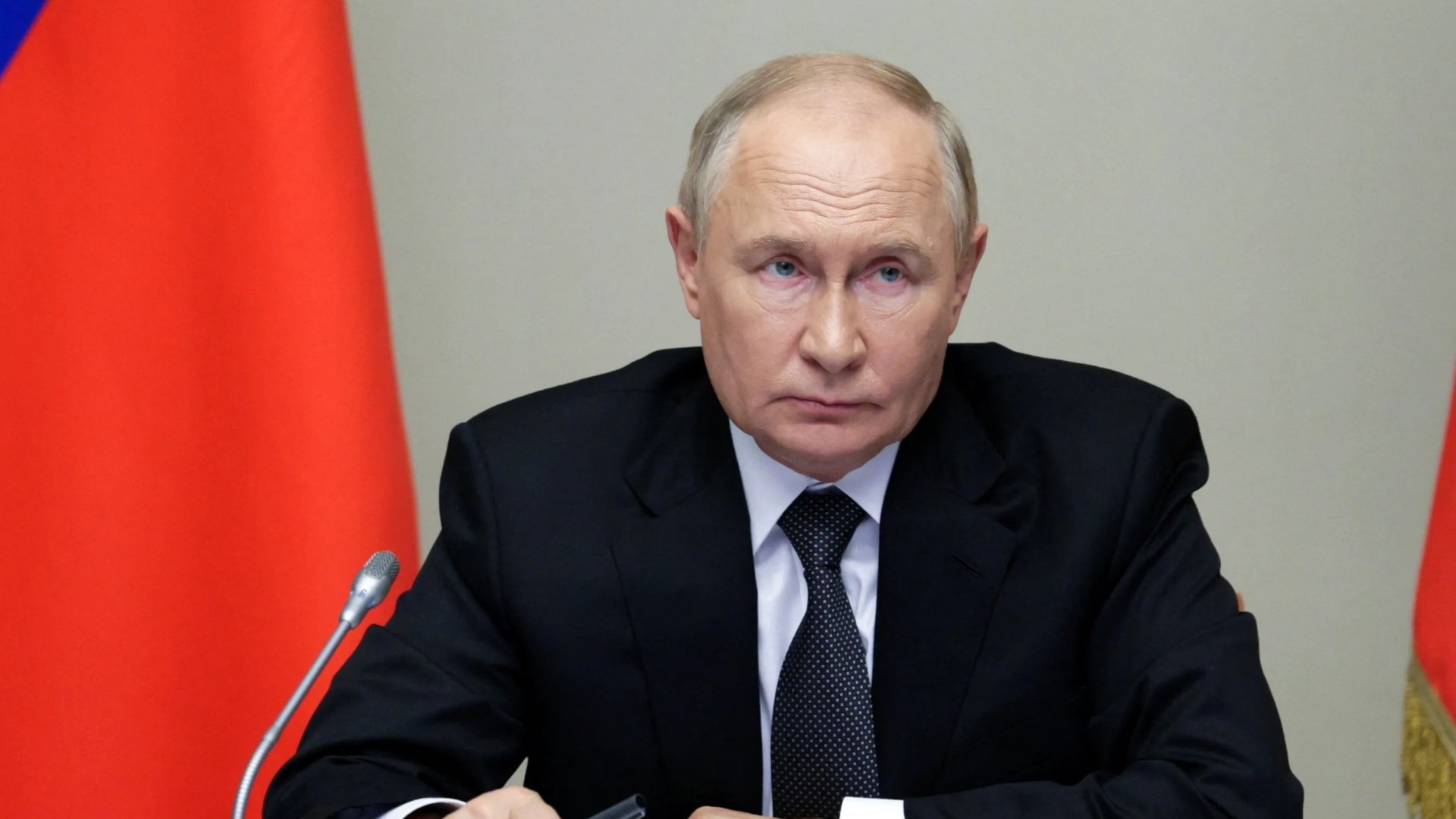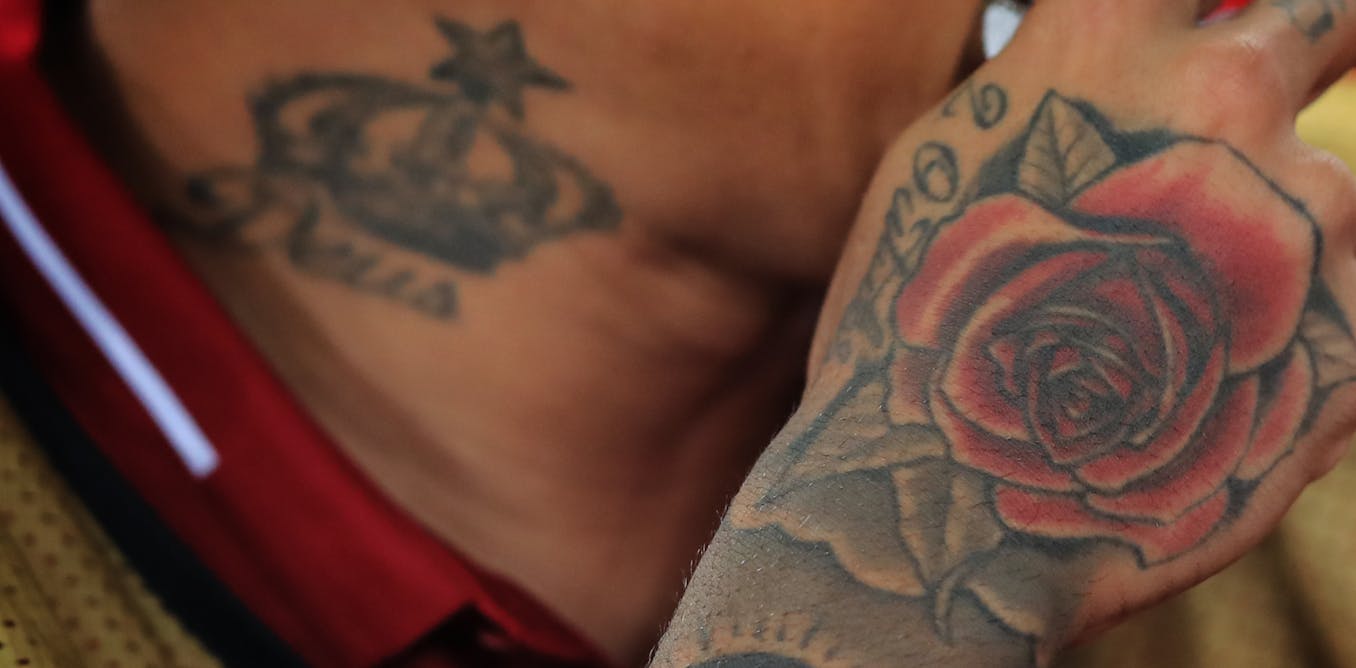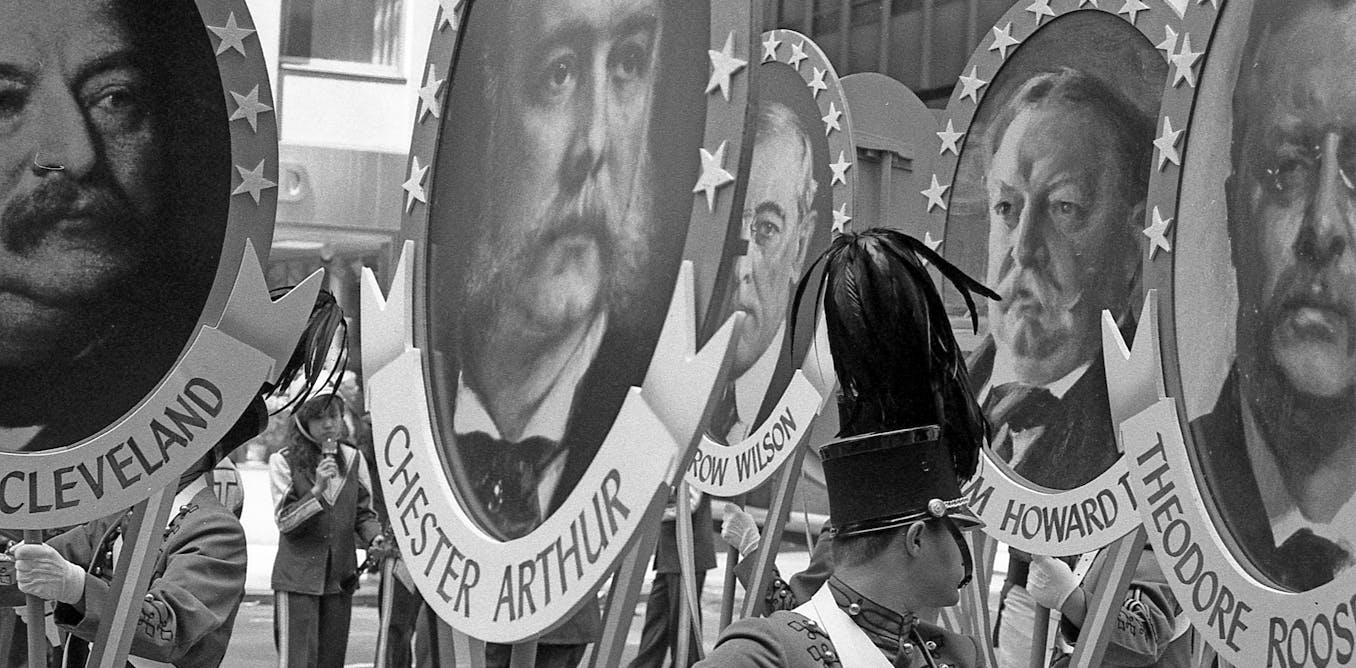UKRAINE’S invasion of Russia is a military masterstroke.
Troops and tanks stormed over the border in a stunning surprise attack last week.

11

11
In the space of just ten days they have captured hundreds of square kilometres of sovereign Russian soil.
Exactly how much is disputed but it does not really matter.
By almost any measure it is Russia’s worst defeat on home soil since the end of World War Two.
It is an epic blow to President Putin’s image as the strongman protecting the motherland.
Ukraine has captured the world’s attention and totally transformed the narrative of the war.
For months Ukraine has been soaking up losses, slowly ceding territory as Russia pounded its front-line positions with devastating glide bombs, artillery bombardments, drones and infantry charges.
Shot in the arm
Now Ukraine has seized the momentum.
They have achieved what experts said was impossible. On a battlefield saturated with spy drones, sensors and satellites, they achieved the element of surprise.
And once again they have smashed the myth of Russian invincibility.
That is Ukraine’s most important victory.
Everyone likes to back a winner and Ukraine needs all the support it can get.
Plenty of allies, including Britain, had vowed to help Kyiv “for as long as it takes”. But the prospect of years of grinding slaughter risked sapping the will to fight, both inside and outside Ukraine.
This is a shot in the arm for morale. Not just for Ukraine but also for its allies. And the timing could hardly be better.
America is Kyiv’s most important ally but also its least reliable — and it is heading into an election.

11

11

11

11
Republicans doing Donald Trump’s bidding stalled billions of dollars of military aid this year, which cost Ukraine land and lives.
With the election looming in November — and the prospect of Trump-led turmoil — it is more vital than ever that Ukraine can show momentum to keep waverers on-side.
If Trump wins and tries to end the war in a day — which he has claimed he can do — Ukraine may still hold Russian land to use as a bargaining chip.
That is what President Putin said Kyiv was trying to do when he acknowledged the losses this week.
The fact he has been forced to admit any losses at all is astonishing.
Ukraine says it seized 1,000 square kilometres in the first week of the offensive, which is almost as much as Russia has captured this year.
Once again they have smashed the myth of Russian invincibility
Russia claims that figure is closer to 500 square kilometres, an area larger than the Isle of Wight.
Either way, Putin is on the back foot.
Firstly, he has been forced to evacuate almost 200,000 people from Kursk and neighbouring Belgorod provinces, which both declared federal emergencies.
The war has come home to Russia. Ordinary Russian people, long shielded from the war’s horrors, are having their lives upended as a result of their tyrant’s wanton bloodbath.
Secondly, Putin’s generals have been forced to take troops off the line in Ukraine to bolster their units in Kursk.
Kyiv hopes it slows Russia’s march in the east and opens fresh cracks for them to attack.
US President Biden said Putin was facing a “real dilemma”. Predictably, Russian officials have blamed the Kursk assault on the West and trotted out their sabre-rattling threats about triggering World War Three.
Russia’s SVR foreign intelligence agency told Reuters the assault was “crazy” and would spread the conflict beyond Ukraine.
Maria Butina, a pro-Putin MP who was convicted of spying in America, warned the West was “poking the bear”.
But what can Russia do?

11

11

11
It is not as if Moscow has been holding back over the previous two and a half years of slaughter.
Putin and his generals have unleashed almost every conventional weapon in Russia’s sizeable arsenal, from Armata tanks to Kinzhal hypersonic missiles.
Putin has bought missiles and shells from North Korea and one-way attack drones from Iran.
And he has lost more than half a million soldiers, dead and wounded, without any obvious signs of concern.
‘No military utility’
There is no easy way for him to change gear without launching a nuclear weapon.
George Robertson, a former Nato Secretary General, told me that is a hollow threat.
He said so-called tactical nukes, which have a smaller range and explosive payload than strategic doomsday weapons, have “no military utility” in Ukraine.
They would also endanger Russia, as radiation would likely blow back. And any use of a nuclear weapon would immediately alienate China and India, who are among Putin’s only allies.
It is too early to tell if this is a turning point in the war, but there is no doubt it is a milestone.
The attack on Kursk will sit alongside Ukraine’s heroic defence of Kyiv, its lightning assault in Kharkiv and Russia’s retreat from Kherson.
Then, as now, despite the odds, Ukraine has achieved the impossible.

11


11




